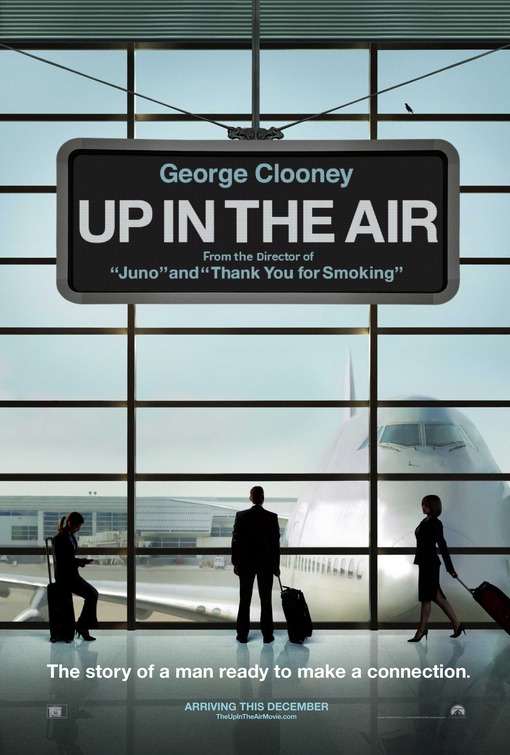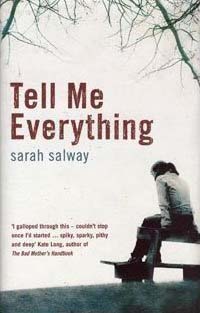The two works of art I saw this weekend could not have been more different, but they both concerned people with lives of outer perfection but inner emptiness for whom a key event shatters their complacency.

One of the theatre directors I admire most, Dutch director Ivo van Hove, has a love of raw emotion exploding into unsuspecting lives and an interest in adapting either classic theatre works in provocative multi-layered ways or turning great film into theatre. I have seen many of his works - Ibsen's
Hedda Gabbler, Eugene O'Neill's
More Stately Mansions, Tennessee Williams's
A Streecar Named Desire,
Alice in Bed by Susan Sontag, and one of the best pieces of theatre I have ever seen, his adaptation of
John Cassavettes cruel film
Faces. Last night, members of his company
Toneelgroep Amsterdam and a live string quartet,
Blindman, performed his adaptation of
Pier Paolo Pasolini's Teorema as part of this year's
Lincoln Center Festival, one of
the opportunities to see really interesting cutting edge international performing arts in New York every summer. Pasolini was an Italian avant-garde filmmaker, poet, and political activist who both led a life and composed work of passion and complexity. In
Teorema a mysterious visitor enters the lives of a wealthy suburban family and shakes their empty routine to the core - for some of them this means awakening them to their basic drives for connection and sex, and for others it means stripping them clean of their trappings of wealth so that only their naked need remains. A large, grey, carpeted modern-home-like set was plopped into a large warehouse on Governor's Island in New York. So, as with many van Hove productions, the space played an important role in the theatrical experience. One had to take a Ferry and then walk 20 minutes on an Island with a compound that used to belong to the Coast Guard and now houses various artistic venues - it looks a little bit like something out of the Others compound in
Lost.
In the Pasolini film, Terrence Stamp played the visitor, and his power was very much a religious one and the urges he released divine. In van Hove's adaptation, the visitor is a young vigorous man with the darker complexion and tight curls of someone who could be of Arab descent, his exact place of origin isn't all that important, what is important is that he is the "other" to the white, upper class family he visits. It is this otherness that seems to encourage these protected suburbanites to see this force in their visitor. In this production the force is more animal than divine, represented in this production by a scene the visitor enacts with a ferocious looking German Shepherd.
The visitor undoes each character in turn, but while the actors describe the acts he performs on them, in actuality it is they themselves that manipulate the visitor. He seems to become an excuse for them to release themselves, though they don't have to blame themselves for it, they can blame the unruly "other," unlike them with his darker skin, his freedom from possessions, his ease with his body. This is frequently a role "others" are given in societies. The magic and wealth that have been fictitiously given all Jews to possess, the violence and sexuality credited the black male, the bacchanalian carnality credited gay people, it seems to me that they project upon their other the force in themselves they desire most and are therefore most afraid of releasing (how Freudian of me). In any event, I found this choice a very effective one.
The text is a poetic, third-person narrative spoken by each character about himself over a microphone, creating a distance between them and their story. Yet while they narrate themselves they participate emotionally in what the character experiences in the story, so there is an alienating meld of voice-over and character, of closeness and distance that seems very much the point of the production. The people walk about holding themselves at arms length never entering their story, yet they are filled with fierce passions lying just beneath the surface. Once he has unburdened each of them of course he leaves. The cast then rip up the walls and the floor of the mod set, creating a passion-torn landscape. Then each ritualistically perform an extended monologue of where their unleashed passion took them after he had left, how they searched for him and never found him. Each character is liberated but finally undone, except for the servant, who I will discuss in a moment. Some of the images were quite effective. As the father walks naked through the rubble of his house, which is also the train station in his city, and tries to unleash a scream that can be heard above the roar of complacency, the stage picture evoked the violence of a
Francis Bacon painting. Visceral, bloody like a piece of meat, a single agonized person in a space where modular walls are often visible against a larger and less clear background. I also very much enjoyed the use of a live string quartet, a rich sonority contrasting the otherwise cold palette of sound, lighting, and set, whose repertoire moves from becomes ever more atonal as the evening's dissolution progresses.
Unfortunately, I found the production somewhat undone by its own ideas. It was tied too slavishly to its pictures and theatrical rituals and shortchanged the story telling too much for my taste. The formality of having the visitor first encounter each of the family in turn and then having each of them ritualistically take turns in describing their unraveling (in the same order) became too predictable. The monologues' length did not sustain their interest given the repetitive structure and the familiarity of the physical trappings in this production which, although they partook of the language of experimental theatre, were well used cliches of the form. I have found many of van Hove's productions startlingly original, but this was not one of them. Van Hove also chose to depart from Pasolini's more religiously infused ideas, but with the character of the servant he never succeeded in replacing them with anything else. In the film, she goes home to her village and performs miracles, in this adaptation, she climbs stairs behind the set to theatrically approximate floating on a cloud, but then returns to the rubble of the set and sits smiling beatifically. I loved the performance of Frieda Pittoors, who played her, but bringing her back into the world seemed a poor choice. The cast was adventurous and I loved how generously and undemonstratively they brought themselves to the large passions of the play while speaking third-person narrative. This is a play about transformation and the actors did just that, they transformed inside and out. It gave a piece about emptiness a great deal of fullness which was very much the opposite experience that I had of Jason Reitman's film
Up in the Air.
Everyone has been discussing this film as a break-through performance for George Clooney who plays Ryan Bingham, a man who fires people for a living while delivering them a cock-and-bull spiel about this being the first day of the rest of their lives opportunity. His only ambition in life is to become a 10 million mile frequent flyer. What are they talking about? I found this film a vapid exercise that never made a choice to reveal a character through complex dialogue or idiosyncratic behavior if it could do so through edited montage or cliched mannerism. And if Clooney ducked his head and shyly grinned one more time I was going to go for a long walk.
Although I don't choose to live in Omaha or Des Moines, I spent ten years in the middle of my large and various country and I thought Reitman was incapable of depicting what he put forward as average American life without mocking it. His characters perform empty rituals whether they fire people for a living or hold average jobs and aspire to fill condos and cars. Then they get married and everyone is filled with emotion for a day. No wonder all these loonies talk about the "sanctity of marriage," it seems to be one of the only times they're alive, if we are to believe this film. The combination of being the brother of the bride, discovering that his freewheeling-on-the-road-occasional fuck-buddy who he thought had the same values as he actually has a family, and the threat of becoming professionally redundant himself by a call center is supposed to humanize Clooney's character, but if he changes I didn't see it. And if he doesn't - what's this film about anyway?
 I re-read Jules Verne's delightful scientific romp (for the first time since I was about 12 years old) in connection for a project at my lab. The connection between the book and my lab is a long story I won't get into, but I found myself drawn in all over again to the combination of curiosity about the facts that describe the actual we inhabit and a confection of suspense and adventure by the father of science fiction.
I re-read Jules Verne's delightful scientific romp (for the first time since I was about 12 years old) in connection for a project at my lab. The connection between the book and my lab is a long story I won't get into, but I found myself drawn in all over again to the combination of curiosity about the facts that describe the actual we inhabit and a confection of suspense and adventure by the father of science fiction.























